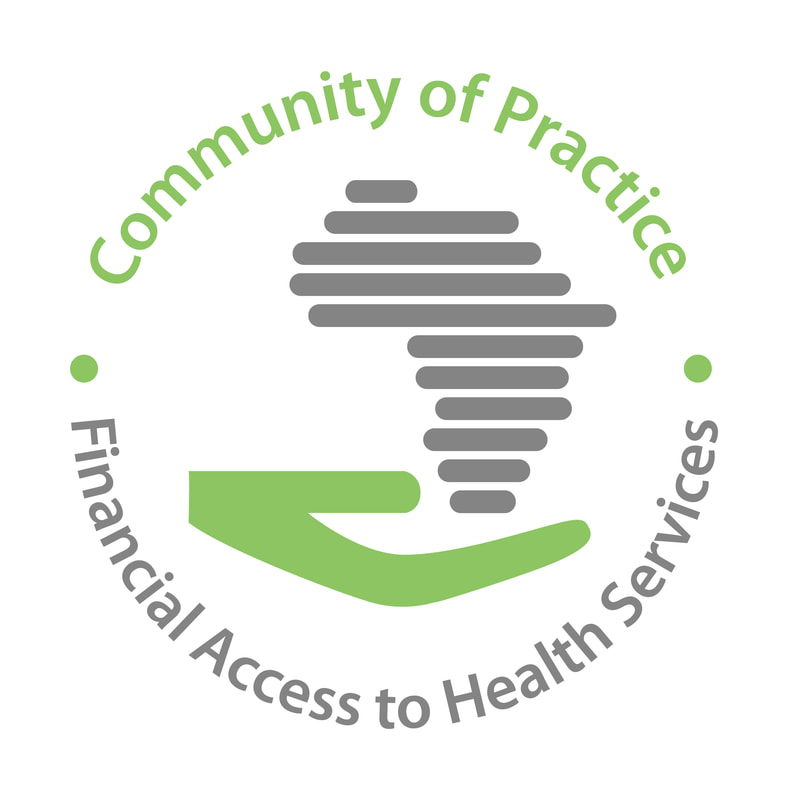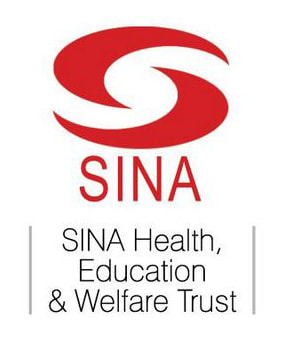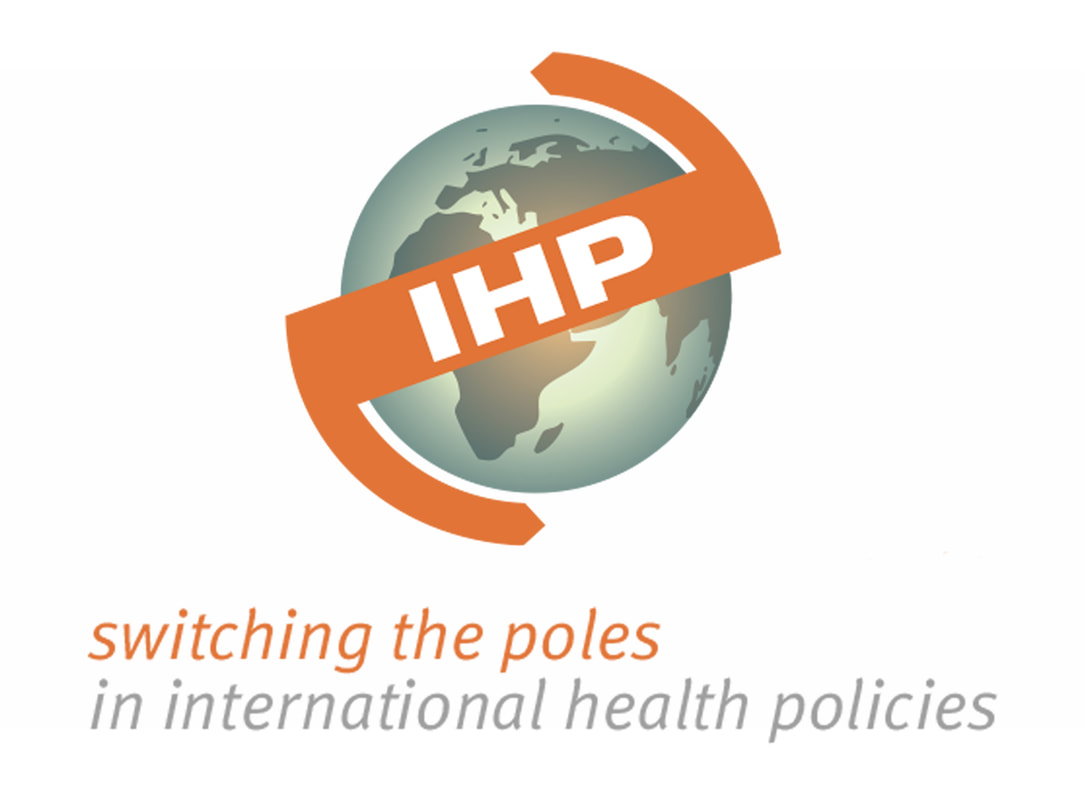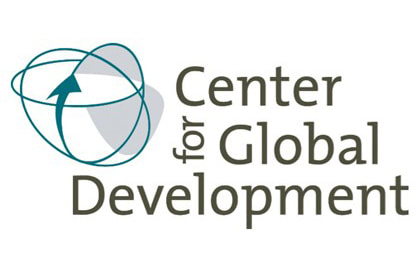| This weekend, a rather critical article about PBF in Low-and Middle-Income countries was published in the BMJ Global Health. In this blogpost, we present you how the blog Health Financing in Africa intends to enhance the forthcoming debate. The article signed by Elisabeth Paul and twenty three experts is accessible here. It deserves to be read. Everyone must certainly make up his/her own mind. In a way, the article relaunches a controversy that took place in the WHO Bulletin seven years ago, following an article I wrote with Agnès Soucat and Claude Sekabagara (both at the World Bank at that time). The purpose of our paper was to ensure that the PBF experiences which were starting in many countries at the time were integrated in a systemic vision, focused on the strengthening but also transformation of health systems. Our article of 2011 was addressed to all. |
The debate has been relatively limited since then, as many actors were focused on the implementation of PBF pilot projects or, for those involving researchers, on sometimes sophisticated evaluation and research protocols. I also had the impression that many of the observers or experts involved in PBF voluntarily subscribed to a systemic view of PBF, at least as a working hypothesis.
In another contribution, I will explain what I have spent part of my own energy on for the past seven years. Let's say, in a nutshell, that I embarked, on top of my scientific work, with limited resources and a bit of a ‘can do’ spirit, on a collective adventure to rebuild knowledge management for health systems in the LMICs, together with many colleagues and friends. This commitment among others materialized in the co-facilitation of three communities of practice. The Health Financing in Africa Blog has been an important part of this adventure, since I served as its main editor, and have also been a regular contributor.
The article by Paul and al clearly aims to make waves, to provoke a reaction. The HFA blog, which covers health financing in Africa, broadly defined, has published many contributions on PBF in recent years. Along the same lines, we therefore welcome reactions on the text of Paul et al. The editorial line of HFA is clear: we welcome the contributions of all kinds of experts (policy makers, practitioners, researchers, technical assistants...). For this series, contributions about implementation will be particularly valuable, since according to Paul et al, this implementation is very problematic. We will publish both contributions supporting the line developed by Paul et al and contributions challenging the viewpoint. We invite the speakers to argue their point of view well.
In their article, Paul and al express many criticisms against PBF, but also against some actors. The article claims among others that the PBF CoP is not open to controversy. As the main facilitator of the PBF CoP, I naturally take this claim personally. In another article, I will elaborate on why I disagree with this statement. But to avoid from now on any possible ‘conflict of interest’, I informed Isidore Sieleunou, the lead facilitator of the CoP Financial Access to Health Services, with which the PBF CoP shares the blog HFA, that I do not want to be editor for these future blogs on PBF. Instead, Isidore will oversee the process and will be assisted by other CoP experts currently being identified. So if you want to make a contribution, we ask you to contact Isidore through email.







